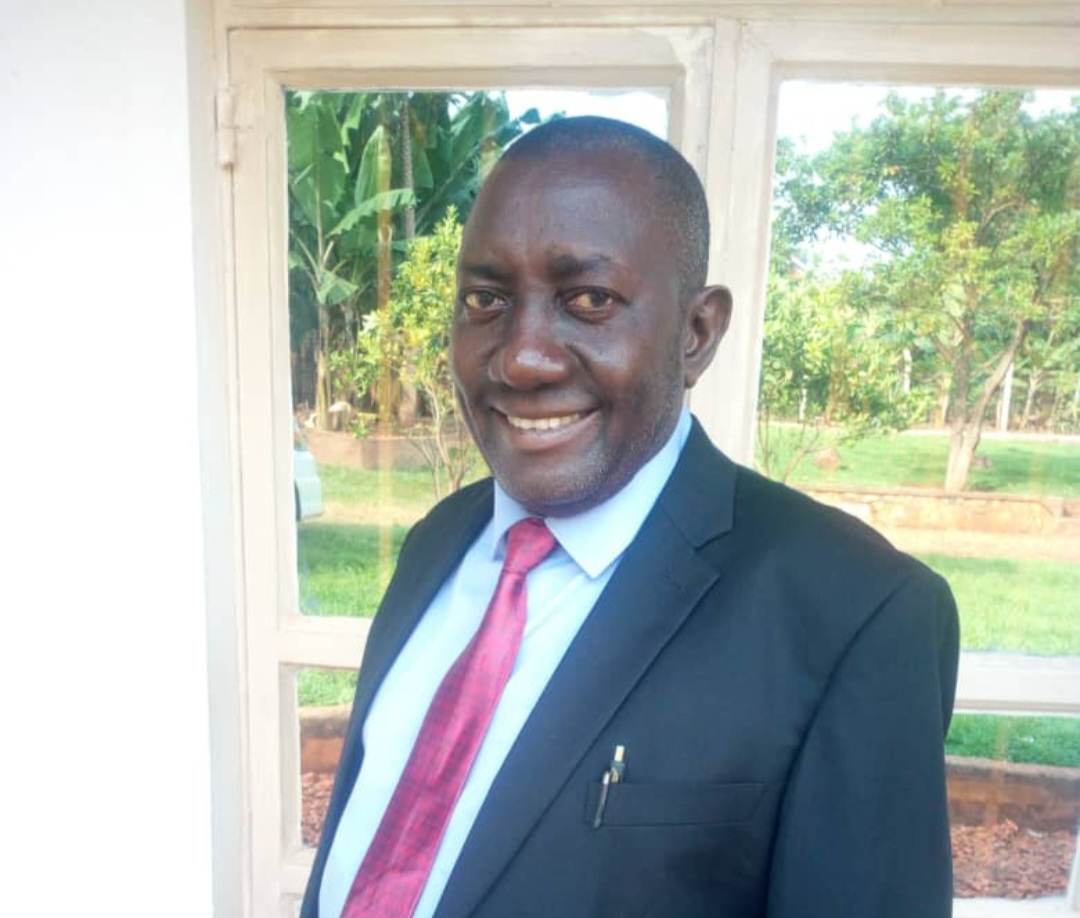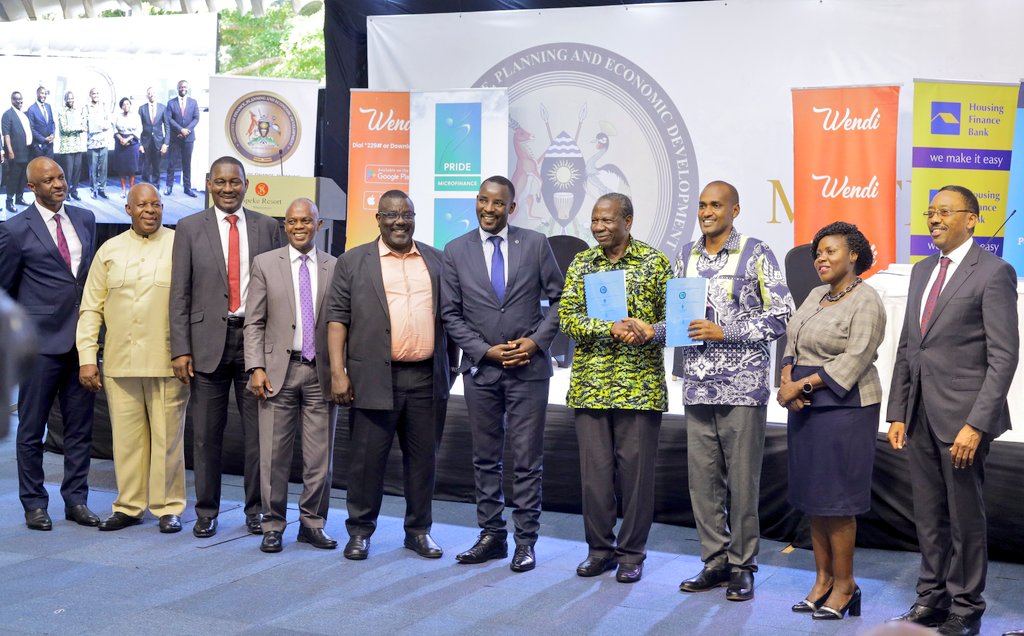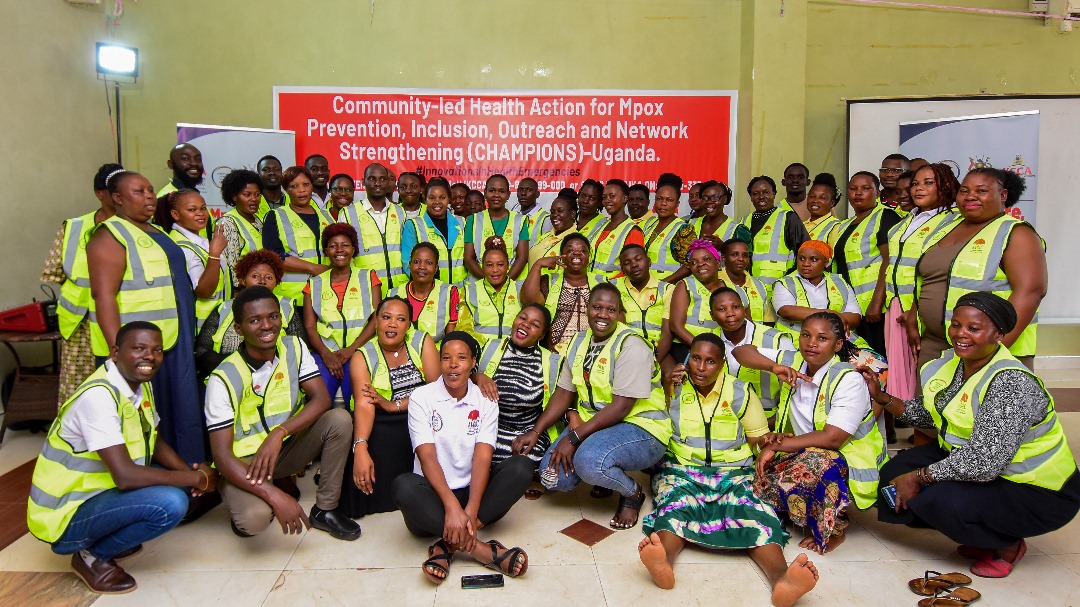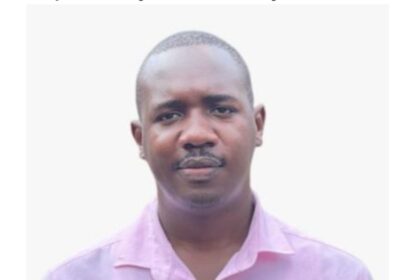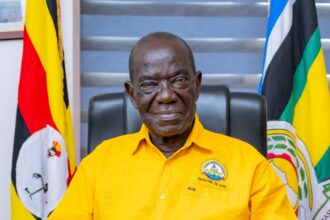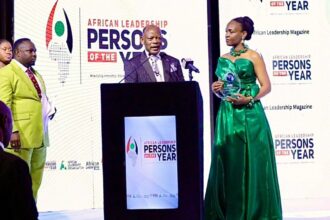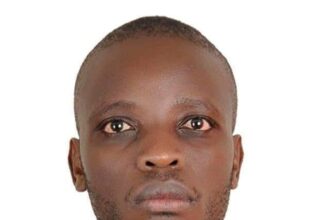Ugandan President Yoweri Museveni’s recent suggestion to monitor healing in churches, particularly born-again churches, has ignited a heated debate among religious leaders and the public.
The suggestion was announced by the president while addressing a mammoth congregation during the launch ceremony of Synagogue Church of All Nations Temple situated at Mulago Kubiiri in Kampala on Sunday 15th December,2024
The magnificent multibillion temple with multiple facilities is owned and led by one of Kampala’s famous Pentecostal pastor Prophet Samuel Kakande who operates under the Kakande Ministries.
According to Pastor Samuel Kakande, the church houses 100 luxurious hotel rooms to accommodate tourists and visitors, patients, and worshippers travelling from different parts of the world to connect with the man of God.
President Museveni expressed concern about healing claims stressing the need for health experts to verify to ensure followers to ensure safety and ethical standards.
Cognizant that auditing religions is not the work of the government, President Museveni used the occasion to warn religious leaders and sects against breaking the law.
“…before someone is healed, let us first confirm the illness through medical tests. If they recover, we will praise the miracle. But if money is involved, we must be more cautious…”, President Museveni said.
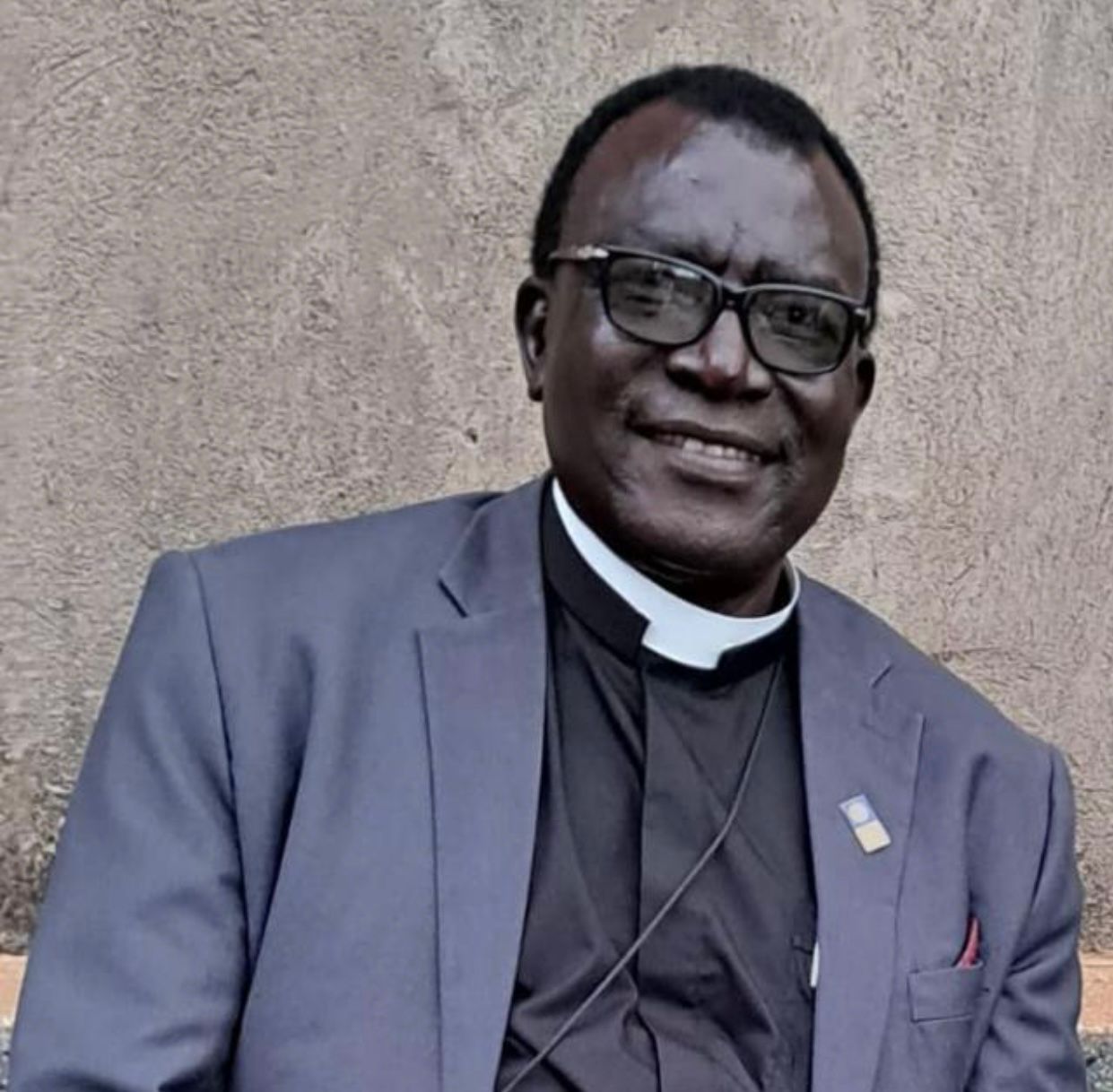
In the same address, the Old Man from Rwakitura made particular reference to some religious leaders who discourage followers from seeking medical attention when they fall sick.
The proposal has received mixed reactions from religious leaders.
Some pators, like Bishop Frederick Maka of Elim Pentecostal Church at Walukuba in Southern Division Jinja City, has welcomed the move, provided the motive is to prove the genuineness of miracle healings.
He confesses there are so many fake healings taking place by some unscrupulous men and women of God who are not called or anointed but are driven by monetary and material agenda.
He made reference to Luke 17:14 where Jesus Christ asked the lepers who had received miracle healing to show themselves to the priest to be examined and declared healed.
The text in question says so when he saw them, he said to them, go, show yourselves to the priests and so they went, they were cleansed.
In this verse, Jesus heals 10 lepers and instructs them to show themselves to the priests. This was in accordance with the Jewish law, which required lepers to be examined by priests to confirm their healing.
This verse highlights Jesus’ authority and power to heal as well as his respect for the Jewish law and traditions. It also emphasizes the importance of obedience and faith as lepers were healed as they went to show themselves to the priests
Bishop Maka also quoted Leviticus 14 where it states that those who were healed were to be examined and declared healed.
“…but also, there are healings which are not physical like healing of the broken hearted, therefore the government would find challenges in such circumstances…, he said.
Others, like Rev Canon Dr Johnson Ebong-Oming (Church of Uganda) argue that spiritual matters should be left to spiritual leaders, citing the difficulty in monitoring faith and miracles.
As a theologian and born-again cleric, he acknowledges that miracle healing is real but also warns that Satan can also perform fake healings to deceive believers. This raises questions about how the state can effectively monitor and distinguish between genuine and fake healings.
Rev Canon Dr Johnson Ebong-Oming humorously points out that even the monitors themselves might end up being influenced(possessed)by evil spirits or demons.
“…In such a scenario, it’s unclear who can be trusted to monitor and report on miracle healing, I think the focus should shift from state intervention to promoting sound biblical teachings on healing and encouraging believers to seek healing through prayer and faith…”, he suggests.
As II Chronicles 7:14 suggests healing and restoration require humility, prayer, seeking Gods face and turning away from sin and so Rev Dr Ebong Oming says by emphasizing sound biblical principles, the Church of Christ can promote genuine healing and spiritual growth, rather than relying on state intervention.
Pastor David Mubiike, a respected elder and opinion leader in Jinja City, has welcomed the move, stating that the government has a constitutional obligation to protect its citizens from manipulative individuals.
Pastor David Mubiike who heads Universal Redeemed Church expressed concerns about fake healings, sale of fake holy items, and exploitation of vulnerable individuals.
His concerns focus on some fake pastors who sell purportedly holy items like water, rice, handkerchiefs and soda which is not only deceptive but also exploitative targeting vulnerable individuals seeking solutions to their problems.
In Uganda’s urban settings, desperate followers such as barren women, infertile men, single mothers, sick ones, orphans and the unemployed are often easy prey for these fake pastors.
“…the promise of a ‘holy’ item solution to their problems can be enticing when they feel helpless, these practices are a form of spiritual manipulation where fake pastors use their influence to exploit people’s faith and desperation…” Pastor Mubike points out.
The Bible (Matthew 7:15, II Peter 2:1-3) warns against false prophets and teachers who exploit people for their personal gain. Spiritual leaders are urging followers to be discerning and cautious when seeking spiritual guidance, ensuring they follow legitimate and biblically sound teachings.
Some critics argue that some pastors and religious leaders in Uganda prioritize wealth and celebrity status over serving God and their followers or communities.
They contend that these individuals seek to elevate their public image, driving luxury cars, attending high-profile events and appearing on TV and radio stations more for self-promotion than for spreading God’s message.
According to information available, these criticisms are not unique to Uganda, as similar concerns have been raised globally about commercialization of religion and the rise of celebrity pastors.
Some argue that this phenomenon undermines the integrity of religious institutions and the values they represent. This disparity between the luxurious lifestyles of some religious leaders and the struggles of their followers is a pressing concern.
Its heartbreaking to see that many followers are struggling to make ends meet, with basic needs like food, education, and shelter not met yet they must continue contributing to the Church growth and development.
The Bible teaches that, religious leaders should be humble servants not seeking to elevate themselves above others and also warns against the love for money and material possessions, stressing the importance of storing up treasures in heaven rather than on earth.
President Museveni’s proposal also highlights concerns about extremist religious sects that discourage followers from seeking modern medical treatment and immunization programs.
To implement monitoring, the government would need to establish clear guidelines and protocols that respect religious freedom while protecting vulnerable individuals.
This presents a complex balance between regulation and respecting religious autonomy.
Uganda already has regulatory frameworks in place, such as the Guide to Good Regulation document, which calls for a mandatory Regulatory Impact Assessment of national policies, laws, and regulations.
However, the challenge lies in defining and monitoring genuine healings, particularly spiritual healings.
As the debate continues, it remains to be seen how the government will navigate this complex issue and strike a balance between regulation and religious freedom.
Do you have a story in your community or an opinion to share with us: Email us at Submit an Article



